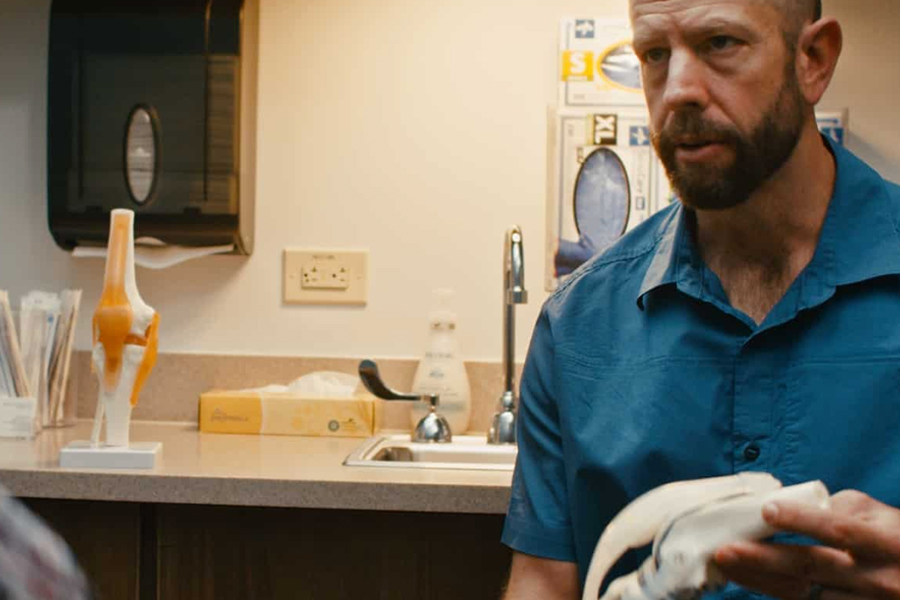For those with serious knee issues, knee replacement surgery is a life-changing procedure that can greatly increase mobility and reduce discomfort. Like any surgical treatment, there are some risks and consequences involved. While complications are relatively rare, taking proactive steps to prevent them is crucial for ensuring a successful recovery and optimal outcomes. In this article, we’ll discuss effective strategies to prevent complications after knee replacement surgery.
Choose A Skilled Surgeon
Selecting a skilled and experienced surgeon is the first step in minimizing the risk of complications. Research your surgeon’s credentials, experience, and track record with total knee replacement surgeries. A surgeon who routinely conducts knee replacements and specializes in the technique has a higher chance of producing better outcomes with fewer complications.
Follow Preoperative Instructions
Your surgeon will offer you preoperative instructions, and you must follow them to properly prepare your body for surgery and reduce the likelihood of experiencing difficulties. Quitting smoking, controlling chronic illnesses such as diabetes or high blood pressure, and undertaking any preoperative tests or screenings that may be required are all examples of things that may fall under this category.
Optimize Your Health
Before surgery, focus on optimizing your overall health to enhance your body’s ability to heal and recover. Maintain a healthy diet rich in nutrients, stay hydrated, and engage in regular physical activity within the limits recommended by your healthcare provider. If you have any underlying health conditions, work closely with your medical team to manage them effectively before surgery.
Understand The Risks
Learn about the possible dangers and issues that come with knee replacement surgery. While complications are rare, they can include infection, blood clots, nerve damage, implant loosening, and stiffness. Understanding these risks allows you to recognize warning signs and take appropriate action if complications arise.
Take Antibiotics As Prescribed
Antibiotics may be prescribed by your surgeon both before and after surgery in order to lessen the likelihood of an infection occurring. In spite of the fact that you may be feeling fine, it is essential to take these drugs exactly as prescribed. To ensure that you have enough protection against postoperative infections, it is important to carefully follow the directions given by your surgeon.
Practice Proper Wound Care
After surgery, maintaining proper wound care is essential for preventing infections and promoting healing. Keep the surgical incision clean and dry, and follow your surgeon’s recommendations for dressing changes and wound care techniques. Notify your healthcare practitioner right away if you experience any infection-related symptoms, such as increased redness, swelling, warmth, or discharge.
Stay Active During Recovery
After surgery, it’s crucial to rest and give your knee time to recover, but you can also avoid issues like blood clots and stiffness by continuing to be physically active within the limits prescribed by your doctor. Take part in the mild exercises that your physical therapist has recommended to enhance flexibility, build muscle, and improve circulation.
Attend Follow-Up Appointments
Keep all of the follow-up appointments that have been set up with your surgeon and the medical staff to track your recovery and identify any possible issues early on. To maximize your recovery, your surgeon will assess your healing at these visits, answer any worries or inquiries you may have, and modify your treatment plan as necessary.
Communicate Effectively
Maintaining transparent and truthful contact with your medical staff is essential during the recuperation phase. Talk to your surgeon or other healthcare practitioner as soon as you notice any changes in your condition, symptoms, or concerns. Reporting any odd symptoms or complications as soon as possible reduces the chance of major complications and enables prompt care.
Conclusion
Preventing complications after knee replacement surgery requires a proactive approach that encompasses careful preparation, attentive postoperative care, and effective communication with your healthcare team. By following these strategies and working closely with your surgeon and medical professionals, you can minimize the risk of complications and enjoy a smooth and successful recovery, restoring mobility and improving your quality of life.















